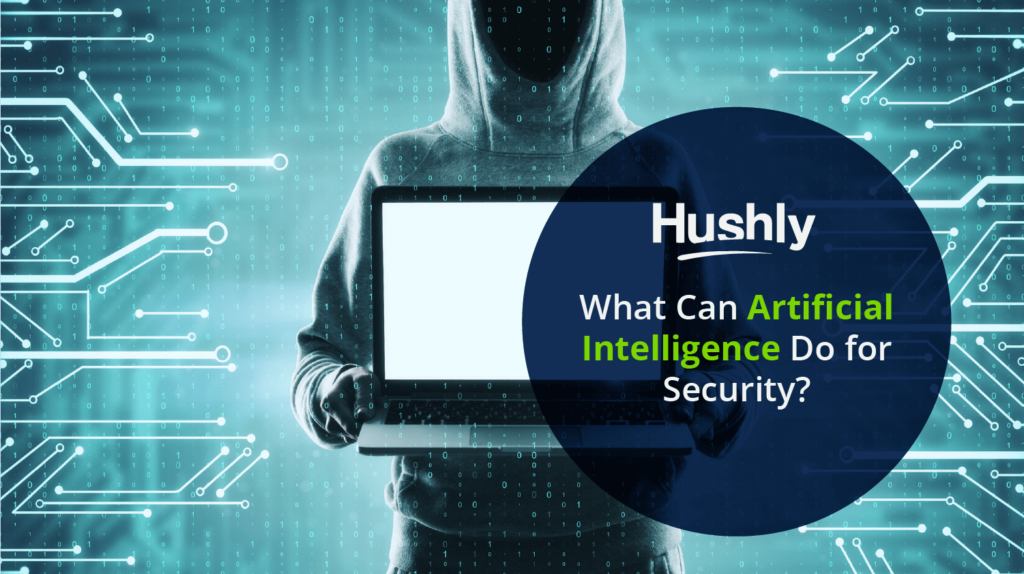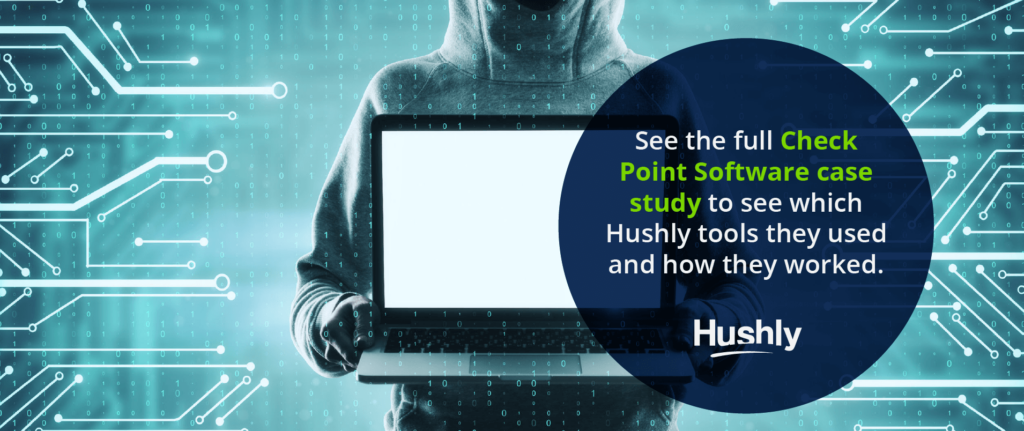Filters
Content Type
Topic
What Can Artificial Intelligence Do for Security?

Criminals and attackers have figured out how valuable artificial intelligence is for breaching cybersecurity and exploiting loopholes.
Meanwhile, cybersecurity software and programs often remain one step behind – patching holes and fixing bugs as they appear.
Cyber crimes will cost an estimated $6 trillion globally this year.
No one thinks they need security until an attack hits them. Besides, 59% of buyers say they’ll avoid doing business with any company that suffered an attack within the past year.
Attackers use artificial intelligence to do some considerable damage, too: manipulating machine learning in bots to make mistakes, cracking passwords or bypassing system protections with Generative Adversarial Networks, data poisoning, and much more.
Artificial intelligence should be a staple both in your cybersecurity company’s general product or service as well as your marketing strategy.
You know your AI system works. You might hire ethical hackers, run daily tests, show off how many attacks you’ve stopped each day.
No matter how transparent you are, your leads and customers still can’t see that you’re using AI to its fullest potential behind the scenes if you don’t show it off in the open.
How do you show it off in the open? Your content marketing strategy.

Artificial Intelligence is Finally Becoming a Central Theme in Security
Whether AI in the military will end up as a force for good or bad is another question. However, only recently has the Pentagon decided to finally step up its adaptation and research of AI – at least publicly.
Back in 2018, DARPA announced a $2 billion investment in human-AI collaborative systems. Anyone familiar with DARPA knows that its highly secretive nature likely means that AI research in DARPA goes back much farther than 2018.
It’s important to remember that most U.S. defense technology, after development in DARPA, goes out to private defense contractors for manufacturing. In fact, many of the computer networking systems and technology we use as consumers today comes from DARPA.
The bottom line is that with DARPA and the Pentagon doubling down on artificial intelligence in security, we can expect the possibilities to widen.
AI isn’t an outlier behind closed doors anymore. It’s the main strategy out in the open.
Examples of AI in Cybersecurity and How to Use It
Remember, you want to show off your AI capabilities both through your product or service and through your website experience.
Adopting front-end AI personalization technologies shows visitors and leads that you care about the customer experience and you’re committed to the most innovative AI available.
1. Identifying Malware and Phishing Attacks
Artificial intelligence and machine learning can help you stay proactive instead of constantly reacting to potential attacks.
AI scans reports on malware and phishing attacks to look for patterns in file sizes, code strings, contents, metadata, and more.
Set up seamless algorithms with machine learning elements to constantly improve as you feed them new information from professional sources on the latest attacks.
2. Sending Out Automated Threat Alerts
WordFence, a cybersecurity plugin for WordPress, sends out automated emails to users after their technology identifies vulnerabilities in other plugins.

Emails like this are easy to set up with the right technology. However, they go miles toward building better relationships with your customers. Now, WordFence customers can immediately know if they might have been exposed to a vulnerability and check.
3. Analyzing an Organization’s Likelihood of Attack
No one wants to think they’re at risk of an attack, but the fact is, we’re all vulnerable. It just depends on the security we have in place and how valuable we’d be as a target.
Most cybersecurity companies offer free risk analysis, but leads want to research on their own without committing to human interaction.
Instead, use AI to develop an interactive form where leads can plug in their company’s basic information along with any existing strategy. The algorithms will scan their data and let them know how likely they are to suffer an attack and what kind.
Plus, machine learning lets you develop an analysis algorithm like this that improves over time the more people use it or feed it information.
4. Account-Based Marketing for Cybersecurity Products
Account-based marketing is a must for an industry like cybersecurity where supplying personalized content is critical.
No one thinks they need cyber security products or services. An ABM strategy lets you create the most relevant content possible for each account so it will always hit home without feeling exploitative.
Consider either one-on-one ABM for individual companies or clusters for specific verticals. Use AI-powered campaign pages to personalize your offers, configurations, case studies, and more.
5. Artificial Intelligence-Powered Security Software
Empower your customers and leads to take control of their own cybersecurity protection with AI-powered tools.
Software, website plugins, Chrome extensions, and phone apps are all excellent routes to work freemium AI-powered technology into your marketing and sales strategies.
Go beyond the competitors. Provide ongoing tips, threat alerts, monthly analysis, or anything else you think would stand you out.
6. Analyzing and Understanding Typical User Behavior
Artificial intelligence in security is especially useful for studying and analyzing typical user behavior across company networks or real-world locations.
Using badges, metadata, IP information, or facial recognition, you can implement AI algorithms with machine learning to follow secure emails, payroll departments, or anything sensitive. If something seems off, AI can lock an individual out until someone resets the system.
This is an excellent strategy for keeping out phishing attempts.
Show Off Your AI with a Personalized Content Experience
Hushly makes it easy to add AI and ML-powered personalization to your website’s content experience, lead forms, account-based marketing, and more.
Check Point Software, for example, got started with Hushly to improve their lead data and protect forms from fake information. Once they noticed the results, Check Point adopted Hushly’s AI and ML-powered content experience engine.
Overall, Check Point enjoyed 93% more leads, 54% better lead quality, and 240% more content engagement.
See the full Check Point Software case study to see which Hushly tools they used and how they worked.
The post What Can Artificial Intelligence Do for Security? appeared first on Hushly.



